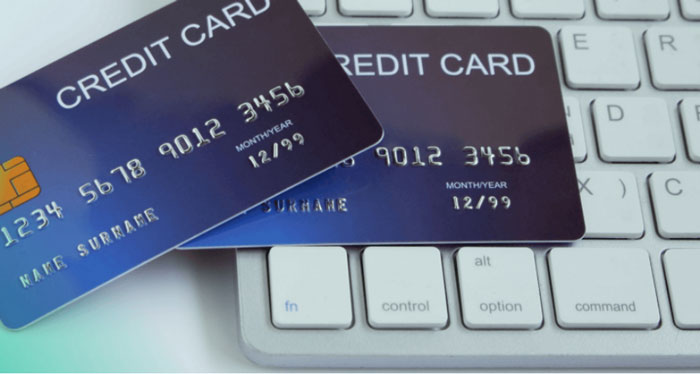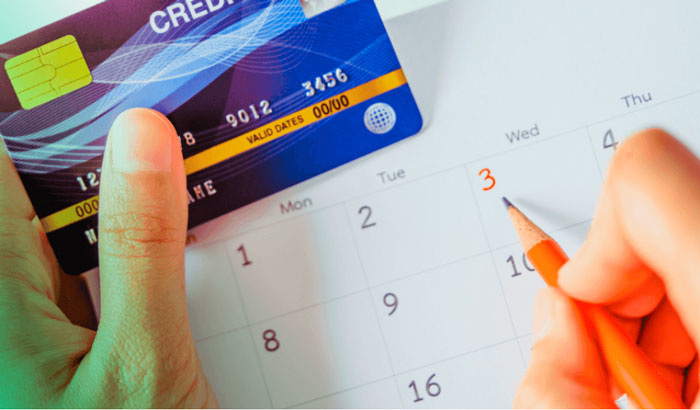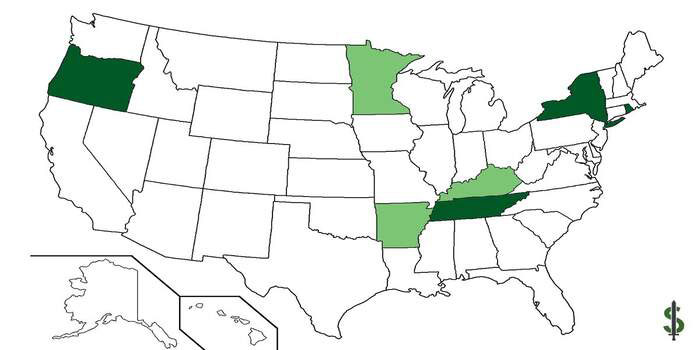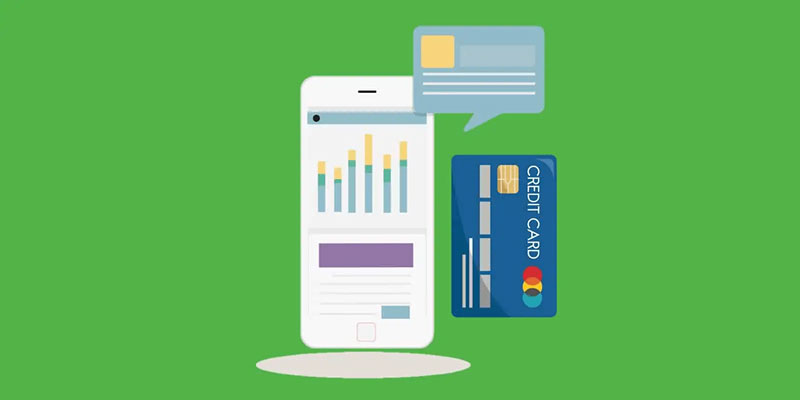We receive compensation from many or all of the companies whose goods are featured on this site. As a result, this may affect how and where a product is featured in our articles. However, this has no bearing on how we make judgements. Our views are entirely our own. Find out who we work with and how we make money below.
Profound nerd insights The grace period is the time before a credit card's due date, during which interest won't be added to any transactions made with that card. To avoid paying interest on purchases, you must pay off your entire credit card debt by the statement due date every month.
When applicable, the grace period for paying off a credit card balance is 21 days. The interest rates on credit cards are notoriously high. In contrast, if you pay off your credit card balance in full every month, the interest rate is irrelevant, and you'll have plenty of time to pay off your purchases without accruing any fees. The credit card grace period is to blame for this situation.
Billing intervals are the basis for grace periods.

Last day of the accounting period At the end of each month, your credit card company compiles all of the transactions (purchases, payments, cash advances, etc.) that occurred on your account and mailed you a statement detailing the totals (that is, your bill). Typically, the information can be accessed online after it has been created. It will also be mailed to you unless you have chosen a paperless delivery method. All post-closing transactions will be shown in the subsequent monthly statement.
It's time to make a payment! Your payment due date must be at least 21 days after the statement closure date and must occur on the same day each month to comply with federal regulations. (Thus, while your due date will remain the same, the closing date may shift from one month to the next to accommodate the necessary 21 days.)
The grace period applies here. A grace period applies to the following billing cycle if the statement balance is paid by the due date. Once the grace period begins, new purchases will incur interest on the due date of the subsequent billing cycle. The credit card business gives you a loan at no interest. How do credit card grace periods work? The grace period is automatically extended for another billing cycle if the current cycle's balance is paid in whole by the due date. Keep doing this every month, and you won't have to worry about credit card interest.
What will happen if you don't pay the entire balance

You will incur credit card debt and interest charges if you don't pay off your statement balance by the due date. Furthermore, the grace period provided by your credit card company is typically forfeited when you carry a charge from one billing cycle to the next.
Interest will be charged not just on the remaining balance from the previous billing cycle but also on any new purchases made during that billing cycle. Restoring your grace period after making on-time payments of the total sum can take anything from a few months to an entire year, depending on your credit card company. You may need to pay your statement balance on time and in full for multiple billing cycles to regain your grace period.
Your grace period can be effectively doubled.
As was previously mentioned, the grace period functions like a short-term, interest-free loan from your credit card company: In this arrangement, you make purchases, the credit card issuer foots the bill, and you repay the issuer in whole without interest at a later date. But if you know your card's grace period and try to time your purchases accordingly, you may more than quadruple the length of that interest-free loan.
If you wait to make a sizable purchase until after your billing cycle has ended, you'll have nearly a month before the asset appears on your statement, not to mention the formal grace period. Most large purchases can be paid off throughout a few pay periods without incurring interest or draining your savings.
A word of caution Make at least the minimum payment by the due date if you cannot pay the whole amount. You'll lose the grace period and have to start making interest payments, but you won't have to pay a late charge or worry about your credit score dropping.




